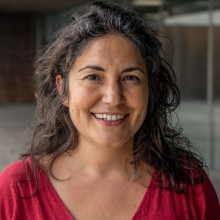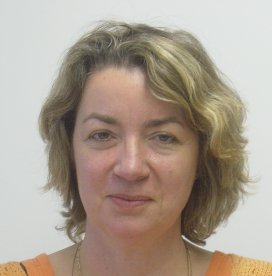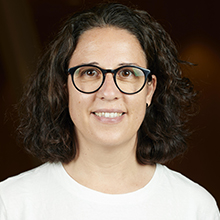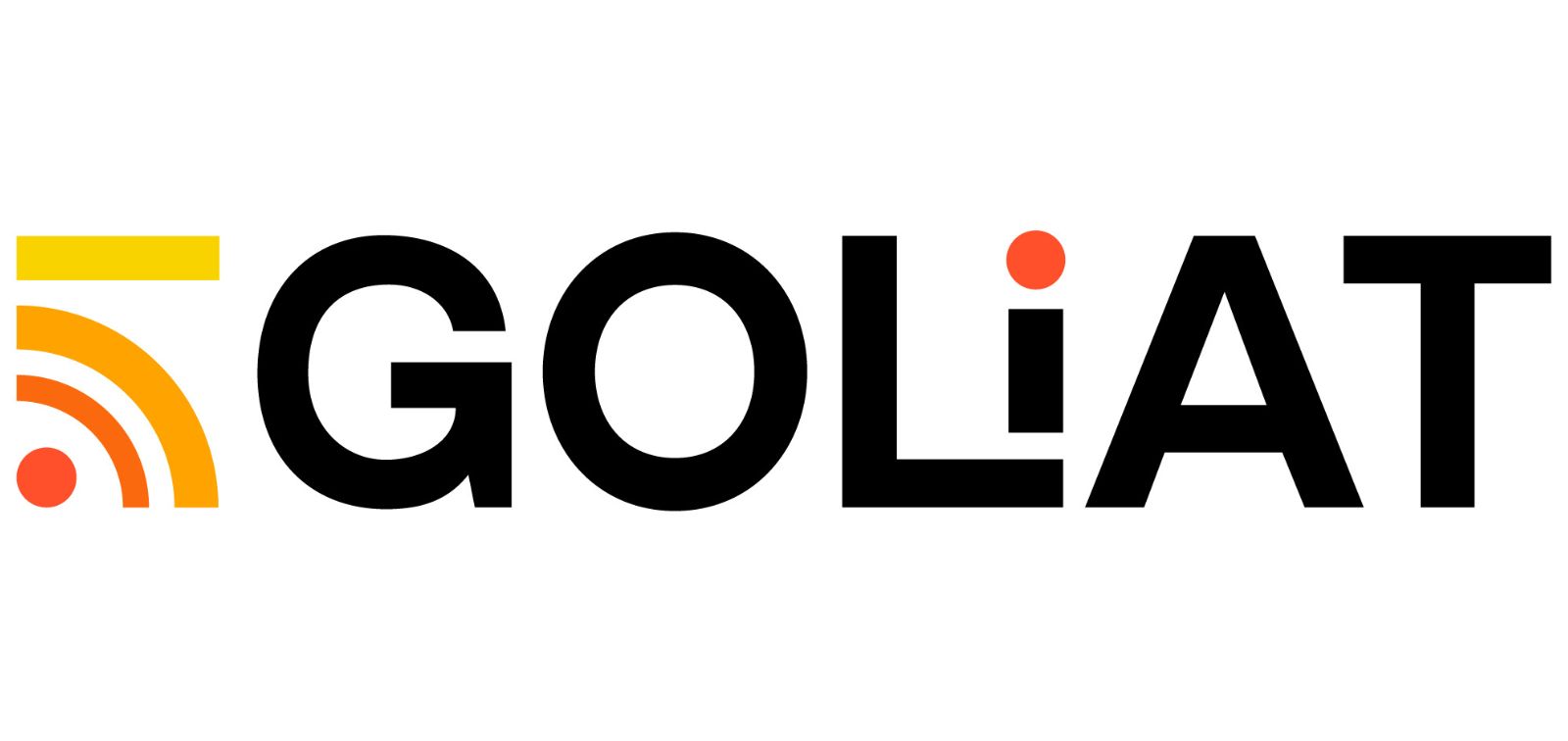- Durada
- June 1st 2022 - May 31st 2027
- Coordinador
- Mònica Guxens
- Finançadors
- European Union
What is GOLIAT?
GOLIAT (5G expOsure, causaL effects, and rIsk perception through citizen engAgemenT) is a five-year project aimed at providing responses to some of the questions raised by the new wireless technologies, with a special focus in 5G.
Goals
The aims of GOLIAT are to monitor radiofrequency electromagnetic fields (RF-EMF) exposure, particularly from 5G, provide novel insights into its potential causal health effects, and understand how exposures and risks are perceived and best communicated using citizen engagement.
Workplan
Applying an integrative and transdisciplinary pan-European approach, GOLIAT will:
- Develop next-generation exposure assessment methods to estimate aggregated RF-EMF dose to the whole-body and organs in young people;
- Identify new occupational RF-EMF sources resulting from 5G deployment and estimate RF-EMF exposure levels and patterns in workers;
- Assess neuropsychological effects of RF-EMF in young people and workers using causal inference
- Quantify potential health impacts of exposures at the population level;
- Assess effects of 5G on brain function, thermoregulation, and radical stress using in vitro, in vivo, human, and in silico experiments;
- Identify effective means of exposure reduction;
- Better understand risk perceptions to RF-EMF and 5G;
- Apply an inclusive engagement model and codesign communication methods/tools to address RF-EMF concerns and misconceptions;
- Disseminate GOLIAT’s results to stakeholders and integrate them into policy actions;
- Implement a broader analysis of the societal and ethical implications of RF-EMF and 5G;
- Develop a FAIR data infrastructure.
ERT diagram
Funding
The project has a total funding of 9.3 million €, 7 of which have been provided by European Union’s Horizon Europe research and innovation programme under Grant Agreement No 101057262.
Why this project?
Much research has taken place in recent decades concerning exposure to radiofrequency electromagnetic fields (RF-EMF) in the general population and in occupational settings, and assessment of its potential effects on health. While no detrimental effect of the low (athermal) levels of RF-EMF commonly used in telecommunications has been demonstrated, epidemiological and experimental studies have suggested that RF-EMF may have neuropsychological effects including cognitive function, mental health, and sleep particularly in children, and biological effects including brain function, radical stress, and thermoregulation1-8. The number of RF-EMF sources and their use in our general environment and workplaces continues to grow as RF-EMF in digital technologies and electronic communication services enable many sectors to meet the sustainability goals of the European Green Deal. Thus the introduction of new generation communication technologies such as 5G, both in industry and in our everyday life, greatly increase the urgency of research into evaluation of the potential risks that this exposure may pose to human health. Such research requires the development of novel tools to monitor the evolution of exposure levels and patterns in different populations, and the engagement of appropriate stakeholders to improve perception, communication, and management of any attendant risks. Special attention should be paid to the most vulnerable populations (i.e. children, adolescents, and young adults up to 25 years old; hereafter referred to as young people) and those people most highly exposed (i.e. workers).
Consortium Members
- Barcelona Institute for Global Health (ISGlobal), Spain (Coordinator)
- Universiteit Gent (UGent), Belgium
- Institut Mines-Telecom (TP), France
- Consiglio Nazionalle delle Ricerche (CNR), Italy
- Instytyt Medycyny Pracy Imienia Dra Med. Jerzego Nofera W Lodzi (NIOM), Poland
- Universita degli Study di Torino (UNITO), Italy
- Academisch Medisch Centrum bij de Universiteit van Amsterdam (AMC), Netherlands
- Centre National de la Recherche Scientifique (CNRS), France
- Institut National de l'Environnement Industriel et des Risques (INERIS). France
- Universita degli Studi di Roma la Sapienza (UNIROMA1), Italy
- Alma Mater Studiorum - Universita di Bologna (UNIBO), Italy
- Nemzeti Nepegeszsegugyi Kozpont (NPHC), Hungary
- Pecsi Tudomanyegyetem - University of Pecs (UP), Hungary
- Universitat Wien (UNIVIE)
- Science for Change (SfC), Spain
- Norges Miljo-Og Biovitenskaplige Universitet (NMBU), Norway
- The General Hospital Corporation (MGH), United States
- Harvard Global Research and Support Services Inc. (HSPH), United States
- Schweizerisches Tropen und Public Health Institut (SwissTPH), Switzerland
- University of Bristol (UNIVBRIS), United Kingdom
- The University of Exeter (UNEXE), United Kingdom
Executive Board
|
WP1 |
Wout Joseph |
UGent |
|
WP2 |
Mònica Guxens |
ISGlobal |
|
WP3 |
Philippe Leveque |
CNRS |
|
WP4 |
Brahim Selmaoui |
INERIS |
|
WP5 |
Yann Percherancier |
CNRS |
|
WP6 |
James Grellier |
UNEXE |
|
WP7 |
Alex Amo |
SfC |
|
WP8 |
Pau Rubio |
ISGlobal |
|
WP9 |
Deborah Oughton |
NMBU |
|
WP10 |
Mònica Guxens |
ISGlobal |
EMF-Health Cluster
In order to optimize synergies, avoid overlaps and increase the impact of the projects selected for funding from the call HORIZON-HLTH-2021-ENVHLTH-02-01 Exposure to electromagnetic fields (EMF) and health, Horizon Europe projects 101057622 SEAWave, 101057527 NextGEM, 101057216 ETAIN, 101057262 GOLIAT), the projects will form a cluster.
Common cluster activities will include the following annual cluster meetings to be organized in cooperation between DG R&I and the cluster, common dissemination and communication activities, thematic workshops/trainings on issues of common interest, working groups on topics of common interest, and a cluster advisory board.
| This project has received funding from the European Union’s Horizon Europe research and innovation programme under Grant Agreement No 101057262 |
Our Team
Coodinator
-
 Mònica Guxens ICREA Research Professor
Mònica Guxens ICREA Research Professor
Co-coordinator
-
 Elisabet Cardis Research Professor
Elisabet Cardis Research Professor
Scientific Coordinator
-
 Gemma Castaño Staff Scientist
Gemma Castaño Staff Scientist




